|
No one knows what’s going to be the next blockbuster trend in Hollywood, now that superheroes are no longer a surefire path to a billion dollars. The director of Lady Bird and Little Women has perhaps provided the way forward with highly choreographed, tongue in cheek toy commercials featuring game A-list stars. Greta Gerwig’s third film thrilled global audiences and is now in the thick of awards season, cementing her as one of the industry’s most powerful directors. Barbie’s domination of the 2023 summer box office and the preceding marketing blitz put movies back in the cultural driver’s seat, a primacy that would’ve lasted longer had studio executives not sabotaged themselves in the worst possible moment and driven their creative teams to strike. Regardless of how its moment was squandered, Barbie is going to have continued ramifications for years to come through sequels and imitators that either fail to replicate its success or build on Gerwig’s imaginative but flawed entry.
0 Comments
Comedian, actor, and writer Billy Eichner has been vocal about the momentous nature of his film Bros, one of the first gay romantic comedies backed by a major studio. He was equally vocal about audiences not showing up to support a film that didn’t make its modest budget back, blaming homophobic theatergoers as opposed to his film’s own deficiencies and a cinema business still struggling amidst Covid. Eichner, director Nicholas Stoller, and the cast and crew of Bros should instead take this commercial and creative failure as a sign of progress. One kind of success for the LGBT community is the ability to make mediocre art and immediately move on to the next thing. Acceptance isn’t resting on every work. Bros overestimates a lot of things about itself, like the appeal of its characters, its choice of genre, its humor, its transgressiveness, and its role in the broader culture.
Movie stars give high-wattage performances in Adam and Aaron Nee’s The Lost City. Exactly the kind of original adventure property that rarely gets made, audiences turned out for a chance to see its cast do the things that they do best. Sandra Bullock is sardonic, Channing Tatum is enthusiastic, and Brad Pitt is an untouchable action hero who gets mooned over by the main characters, regardless of gender. Combined with Daniel Radcliffe’s sniveling villain turn, the central quartet construct an entertaining cinematic romp through the jungle.
The Nicolas Cage persona has been played to meta effect multiple times in his career, but never so aggressively as in The Unbearable Weight of Massive Talent, a self-referential circle that allows Cage to portray the mystery that is himself. The problem is that for the film people who are this film’s primary audience, Cage isn’t that mysterious. He’s an actor given to occasional histrionics but also quiet focus, frequently capable of greatness but, thanks to money problems and a readiness to saying yes to questionable projects, has a poor career batting average. Tom Gormican’s film is less about this one idiosyncratic actor than it is about any actor who experienced massive cultural domination and then watched it fade. By being specific to Cage’s experience only in reference to his filmography, it becomes a fun but disposable action comedy that no one would include in the ten to fifteen great films/performances of Cage’s career.
Domee Shi’s Oscar-winning animated short Bao features an ignored Chinese mother imagining the titular dumpling as a version of her son. The bouncing baby bao develops its own interests that don’t involve the mother until, in a fit of rage, the mother eats the bao. Irrational spurts of hatred between mothers and their children seem to occupy a large part of Shi’s creative imagination, as the same thing drives Turning Red, her feature debut. This time, the rage is directed from daughter to mother in the latest, and hopefully last, Pixar film that debuted only on Disney+. After Soul, Luca, and Turning Red, Pixar has been on a streak of imaginative, affecting, and original entries, only for their parent studio to dump them onto their streaming service and ignore theaters completely. One would hope that Pixar doesn’t turn into a ferocious beast that lashes out against its legal guardian, but it would be understandable if it did.
When director Joseph Kahn shows up on a podcast, he’s going to be a provocative presence. Filterless and blunt, Kahn doesn’t hold anything back about the movie industry or whatever else is on his mind. He finds a topic to match his personality in Bodied, a confrontational film about battle rap and a dozen other things. Produced by Eminem and co-written with Kahn by rapper Kid Twist, Bodied brings a feel of authenticity to its world while Kahn gives the rhythmic and visceral battle rap arenas all the cinematic power the director of Torque can provide.
It’s 2010 and David Sirota is working for a progressive advocacy organization and, after a long day stewing over the kid-glove handling of the financial crisis’s bad actors, takes some time to watch a movie that he thinks will be a nice distraction. Adam McKay’s The Other Guys is showing, and what appeared to be an odd couple cop comedy from the director of Anchorman and Step Brothers gradually reveals itself to be about the financial crisis itself, culminating in didactic PowerPoint charts and graphs about Wall Street malfeasance over the credits. Sirota imagines those in the theater with him are lapping up the medicine alongside Will Ferrell’s sugary slapstick, and makes a mental note that he could incorporate that same combination into his work. I’ve heard Sirota on lots of podcasts, and while he is a clear-eyed diagnoser of political problems and a reliable leftist voice, he’s not a funny guy, a description that increasingly can be laid on McKay. In the years since The Other Guys, McKay’s been stuck on agitprop. Far away from the improvisational genius of his early film career, his films have taken direct aim at campaign finance, the financial crisis again, and Dick Cheney, to varying success. With Don’t Look Up, McKay throws aside all pretense and works with Sirota on a naked climate change allegory, throwing himself wholly over to activist filmmaking in a way that makes PureFlix look subtle. Political messaging in film can be done well, but not when the point is made with all the finesse of a giant rock slamming into the earth’s surface.
For the first time in his career, preferer of amateur/non-actors Sean Baker dabbled in big-name casting with his film The Florida Project, netting Willem Dafoe an Oscar nomination in Baker’s most commercially successful film to date. The lesson he might’ve taken was to make bigger movies with bigger stars, cast alongside whatever area natives and interesting faces he comes across along the way. With Red Rocket, Baker does cast a lead with dozens of credits, but not exactly ones of Dafoe’s caliber. For Simon Rex, that might change in the immediate future, because he and Baker combine to produce the best thing either has ever put their name on. Red Rocket defiantly chases an unrepentant and charismatic narcissist down his Gulf Coast rabbit hole, bringing a porn industry slur and an exciting new talent into the mainstream.
Paul Thomas Anderson can’t stay away from the San Fernando Valley. After a brief stint in a London fashion house, he returns to his default cinematic playground with his ninth feature, Licorice Pizza, a gauzy blend of PTA’s own childhood memories and those of his Hollywood friend, Gary Goetzman. Pre-release impressions of Licorice Pizza looked like this was going to be the iconic director’s most autobiographical film, and while the personal touches are surely there, PTA instead shifts the primary focus to a young woman in her 20’s whose experiences of disconnectedness and aimlessness are set against those of a teenager who seems like he knows exactly what he’s doing. Their adventures through the Valley of the 1970’s make Licorice Pizza the most shapeless of PTA’s filmography, a director already known for eschewing a linear plot. However, who needs an A-to-B plot, or really any plot at all, when the world that’s been imagined and reconstructed is populated with so many memorable characters, all led by two of the best performances of 2021? Licorice Pizza is safely in PTA’s mid-to-low tier, but that just means it’s merely great as opposed to an all-timer.
Difficult actor Dustin Hoffman takes on his truest role in Tootsie, wherein he plays a difficult actor. The same guy who slapped Meryl Streep on the set of Kramer v. Kramer and famously was told by Laurence Olivier to take it down a notch during filming for Marathon Man connects with the part of himself that abuses and alienates his costars, except Sydney Pollack’s landmark comedy treats it as a joke instead of a serious character flaw that finally bit Hoffman in the ass during the MeToo era. That Tootsie itself is a sharply edited, clever, and relevant comedy washes some of the bad taste from the viewer’s mouth at what looks like an attempt launder Hoffman’s own reputation. If I can laugh at my bad behavior, the film implies, why can’t you? That’s a lot of meta-text to bring into Tootsie, but satire like this wants the viewer to think about the broader world.
|
Side PiecesRandom projects from the MMC Universe. Categories
All
Archives
April 2023
|
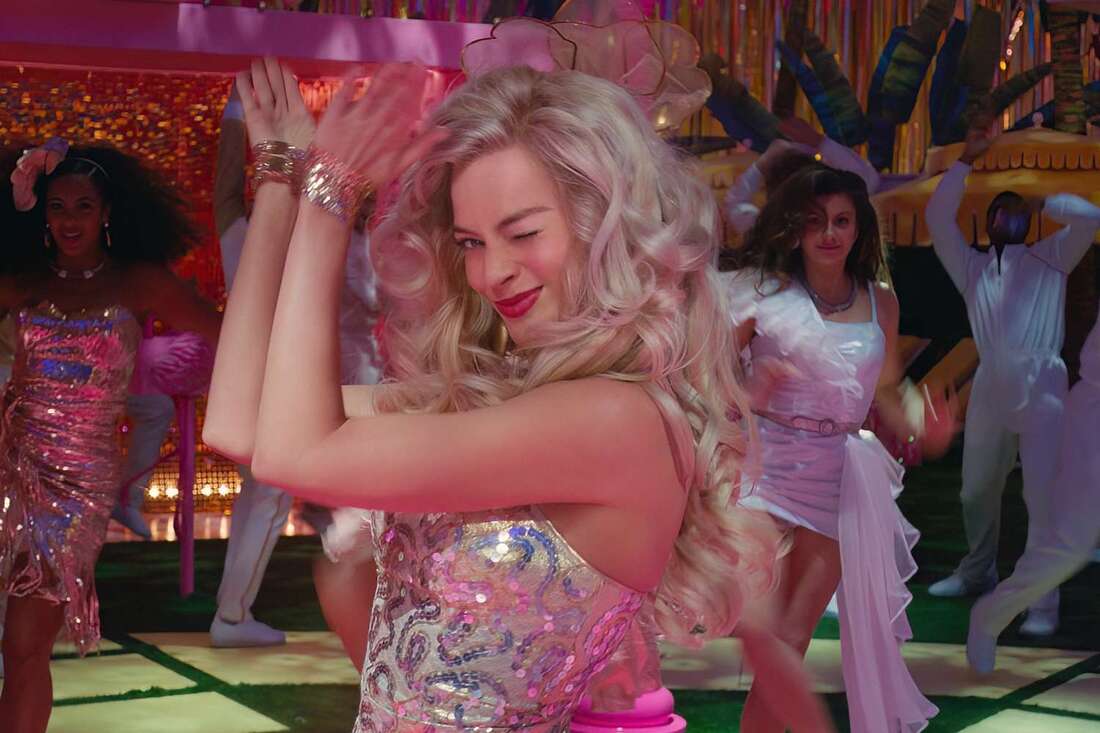
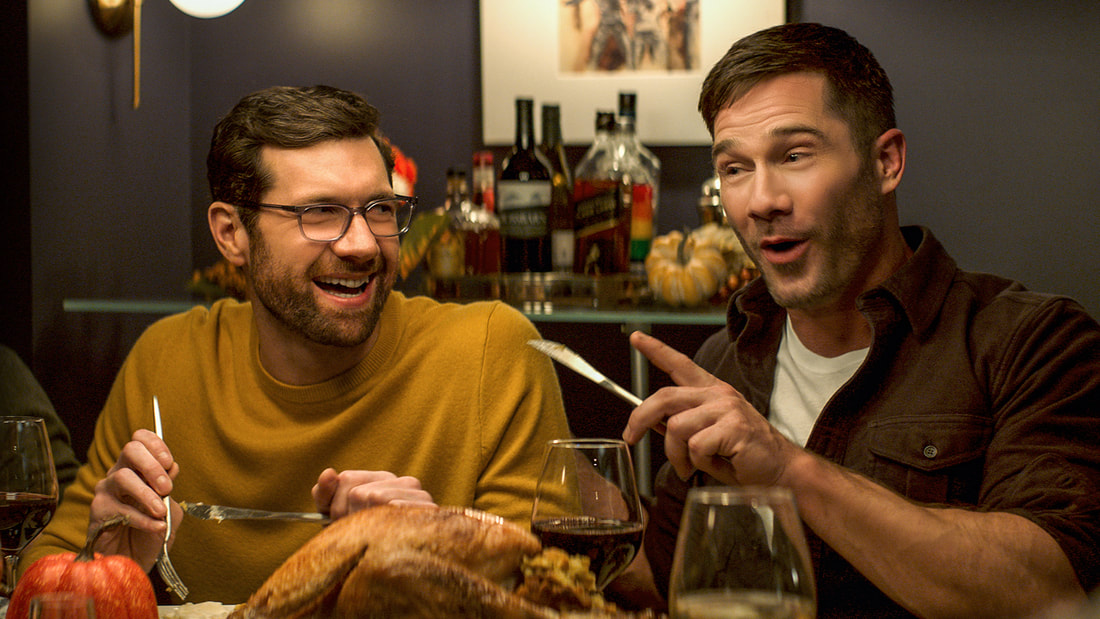
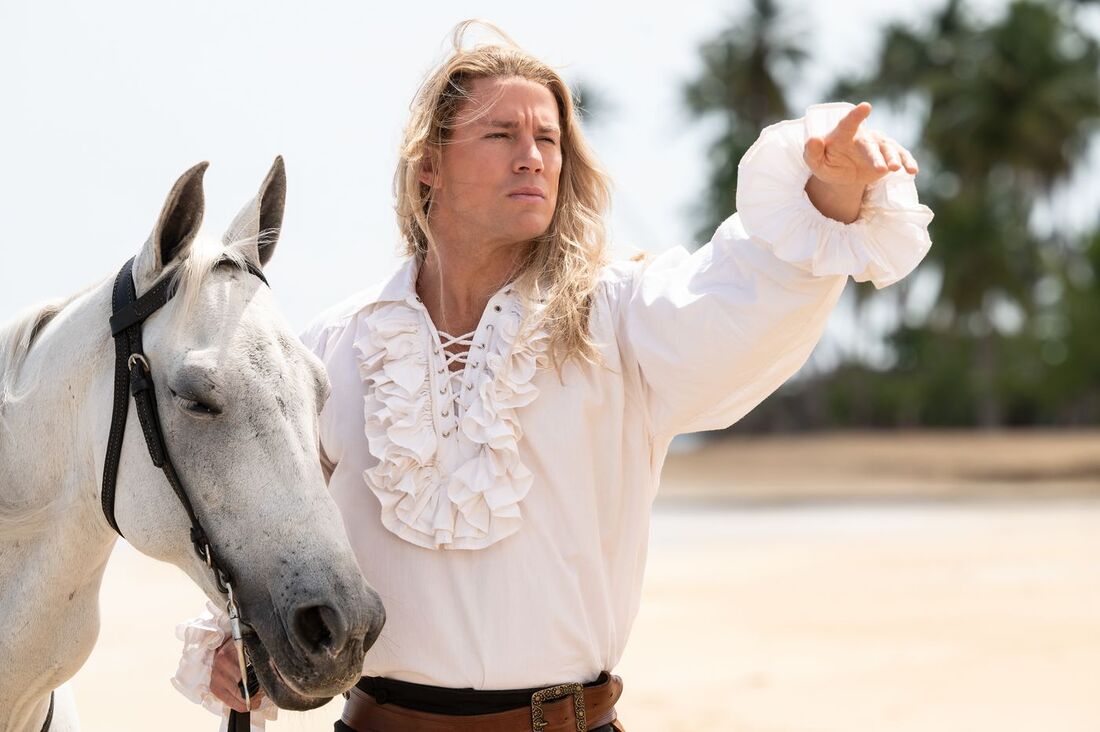
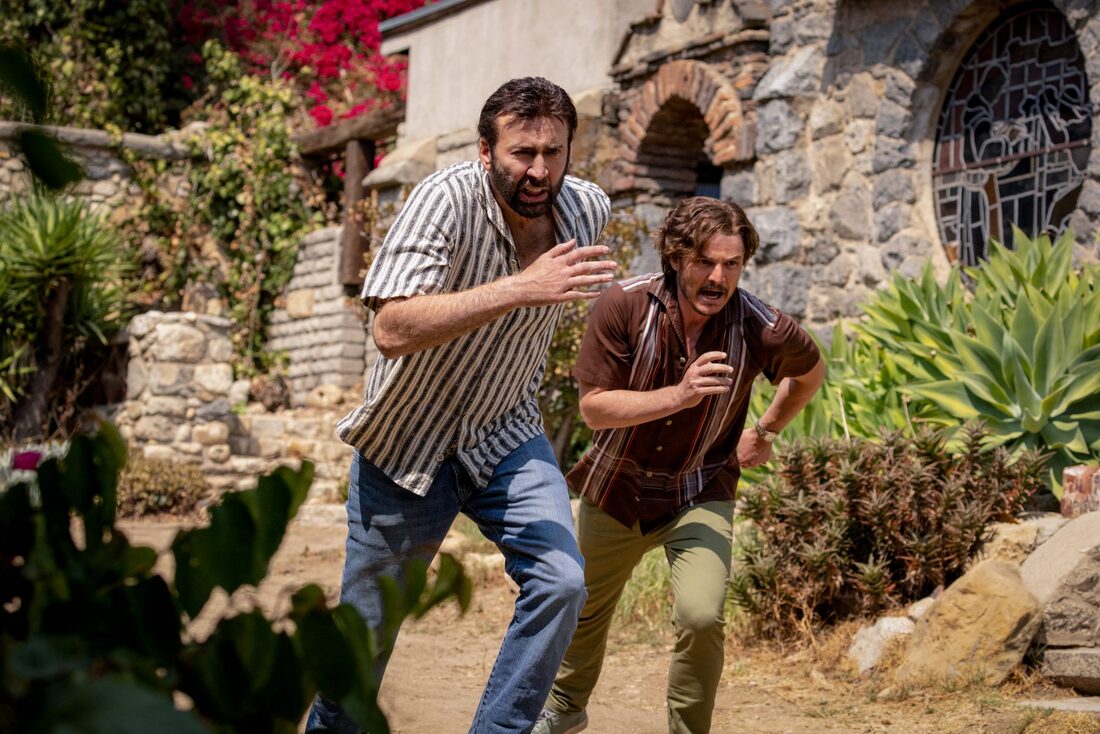

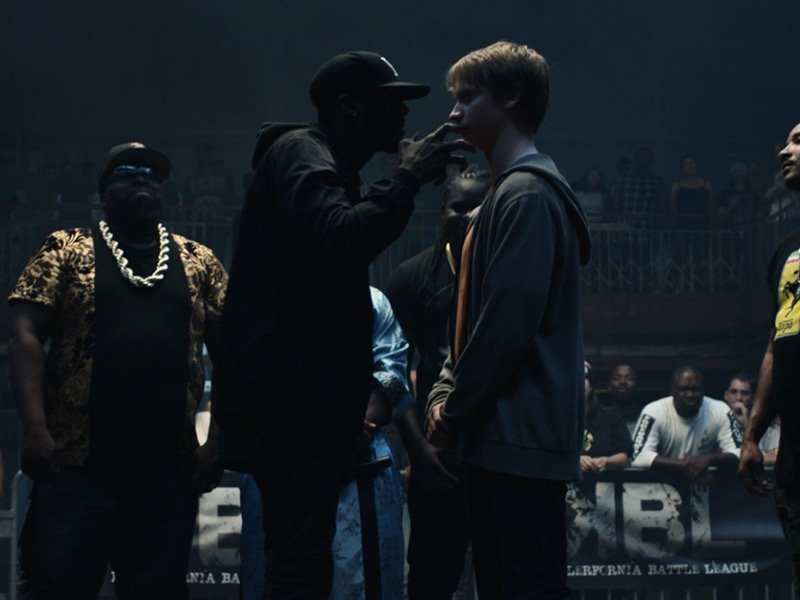
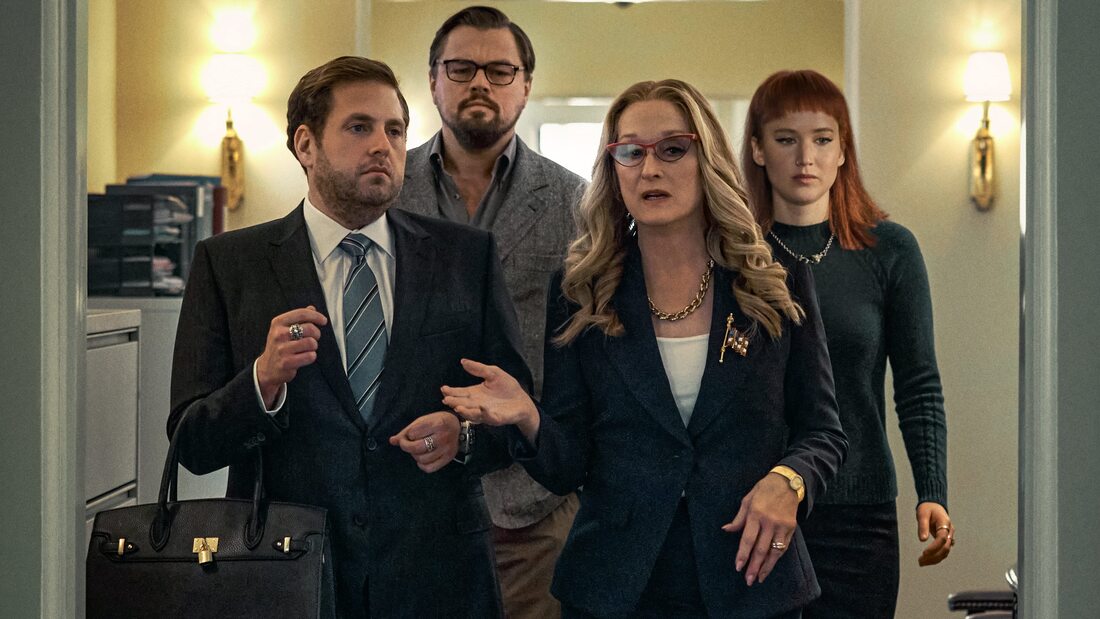
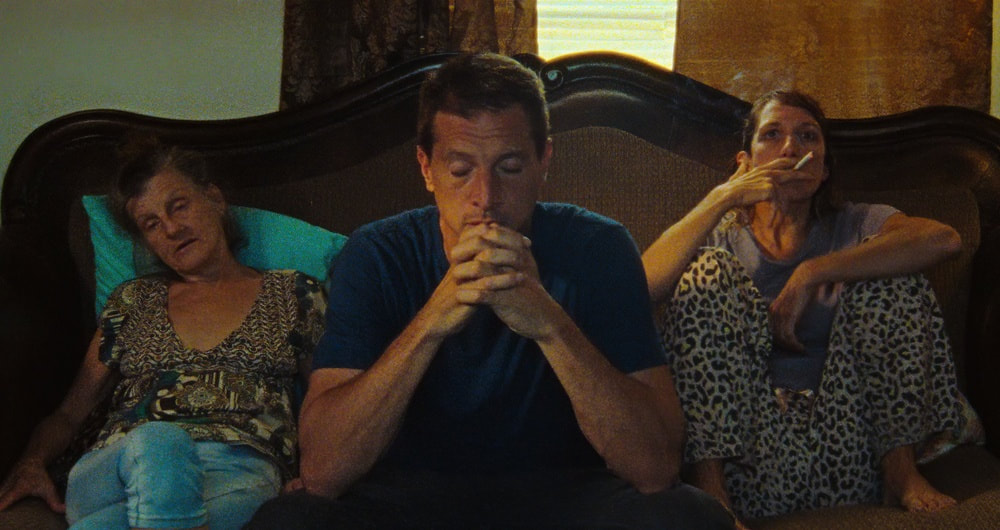
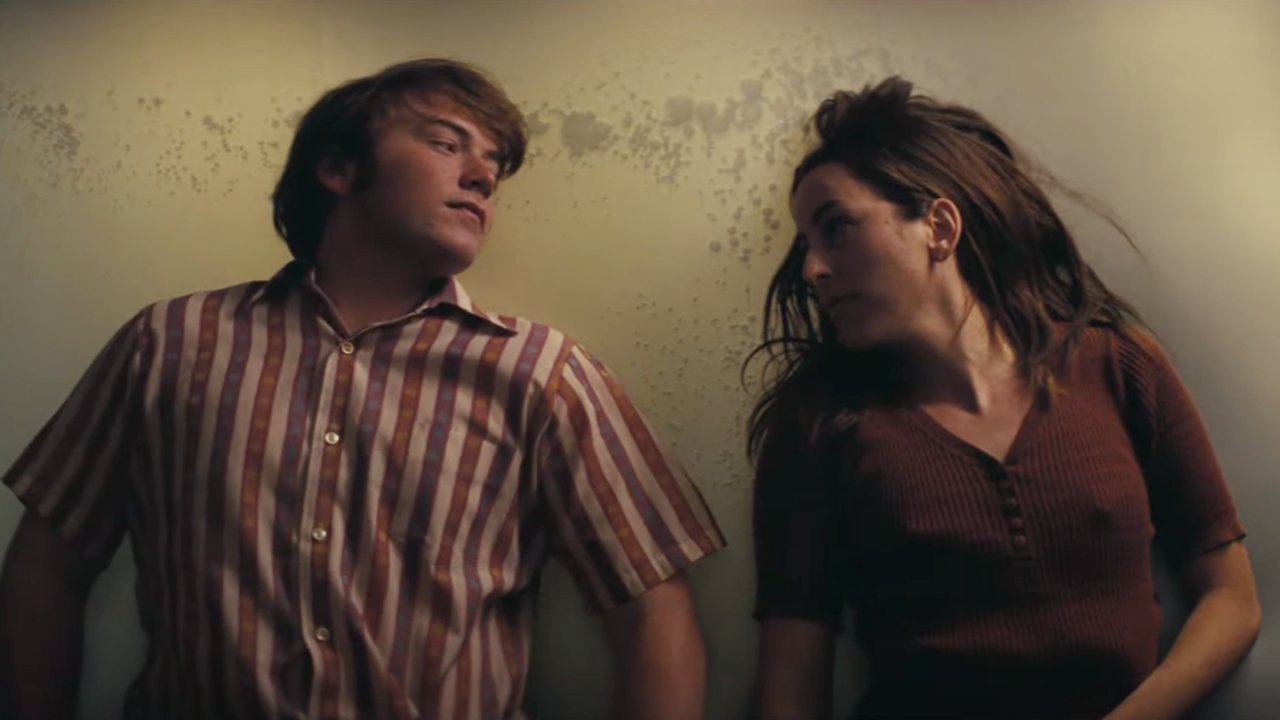
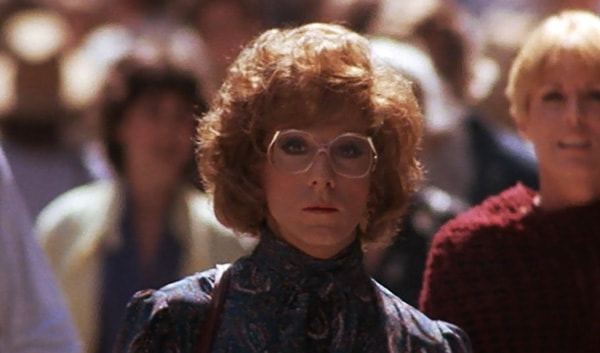
 RSS Feed
RSS Feed